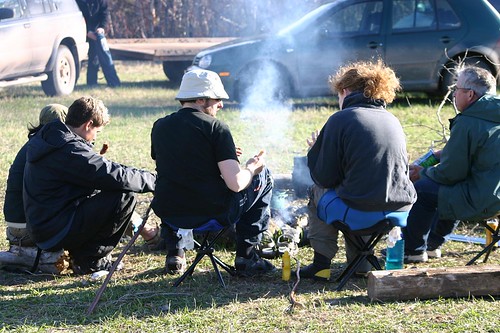Sturgeon’s deleted WhatsApps is an unforgivable scandal
Sturgeon #Sturgeon

Move aside, Bill Clinton. Step away, Richard Nixon. Hand back your medal, Boris Johnson. There’s a new champion in town.
It was always going to be hard to beat the likes of “I did not have sexual relations with that woman”, or “There will be no whitewash at the White House”, or even “The guidance was followed and the rules were followed at all times.” But Nicola Sturgeon did it. She has achieved the seemingly impossible feat of disillusioning the general public about politics to an even greater degree than almost any who came before her.
The relevant/hilarious statement is this: “Nicola is committed to full transparency to both the UK and Scottish Covid inquiries.” It’s the way she tells them.
The context of this statement by the former first minister’s spokesperson is the revelation – suspected for some time but confirmed today – that Sturgeon has deleted all her WhatsApp messages that were sent and received during the Covid pandemic. Yup, all of them. Not a single one has survived what her spokesperson describes as an information handling process that was “in line with the Scottish Government’s policies”.
Consider this, and reflect on the response by nationalists and many others when it emerged that some of Boris Johnson’s WhatsApp messages from near the start of the pandemic had mysteriously disappeared from his phone. That must have been a sign of corruption and wrong-doing, claimed his critics. So where does that leave Sturgeon?
She has consistently boasted, during her political career, of her and her party’s commitment to openness and transparency; she was at it again in her statement today, and it remains to be seen just how many of her followers will continue to believe her explanation that her commitment to honesty and transparency is not remotely contradicted by the fact that essential information has been destroyed.
Inevitably, Sturgeon – again, through her spokesperson, because we all know how reticent she has always been to speak directly to the media – has expressed an eagerness to appear personally before the Covid Inquiry, which is meeting in Edinburgh just now in order to work out what happened north of the border during the pandemic.
It makes perfect sense that Sturgeon would prefer to answer questions in front of an audience, rather than allow investigators to sift through solid evidence of what she actually did and said during that national crisis. When she was hauled before a Scottish Parliament committee in 2021 to answer questions about how her administration had handled the internal inquiry into complaints about the behaviour of her predecessor, Alex Salmond, Sturgeon wowed them in the stalls. She came across as vulnerable, honest and self-deprecating, even if she seemed to be suffering a degree of memory loss unusual in elected politicians.
Naturally, the Scottish press took it all at face value. Not for them the necessary scepticism to be applied to most other politicians; not for them any more than a passing mention that the committee in question concluded she had misled the Scottish Parliament. We were in “first name” territory again, with acres of positive coverage along the lines of “Aren’t we lucky to have Nicola as first minister?”
No doubt she hopes to pull off the same trick again. Public relations, after all, is her thing. She spent more than nearly eight years at the top of Scottish politics by being pretty good at press conferences – which in Scotland is the yardstick by which politicians are judged, rather than success in actual delivery of measures to improve people’s lives.
The deletion of WhatsApp messages that covered a crucial time in Nicola Sturgeon’s professional life is unforgivable. Wasn’t it obvious that they would ever be demanded by a subsequent inquiry into what happened and how her government dealt with the pandemic? Citing Scottish Government policies on message deletion is irrelevant; if she was that great a politician, if she were the great stateswoman that her devotees insist she is, she would have possessed the political nous to work out how important those messages were. So either she didn’t think they were important, in which case she wasn’t up to the job, or she did know but allowed them to be deleted anyway, which is far, far worse.
And anyway, why on earth was the Scottish Government policy to delete messages? Who insisted on that rule and what are the sanctions on anyone – former finance secretary Kate Forbes and current First Minister Humza Yousaf, for example – for holding on to them? Did Sturgeon agree with this rule? Did she write it? If she disagreed, why didn’t she change it?
The problem with modern politics is that scandals are too quickly and easily defined as anything that someone somewhere gets annoyed by, or disagrees with. But this is different. This is literally a matter of life and death. Sturgeon’s WhatsApp messages would have provided an essential view of what she was thinking and why she was doing what she did during those terrible two years. If that turns out to be the very reason she has deliberately hidden them from public gaze, she needs to pay the appropriate price.
Broaden your horizons with award-winning British journalism. Try The Telegraph free for 1 month, then enjoy 1 year for just $9 with our US-exclusive offer.